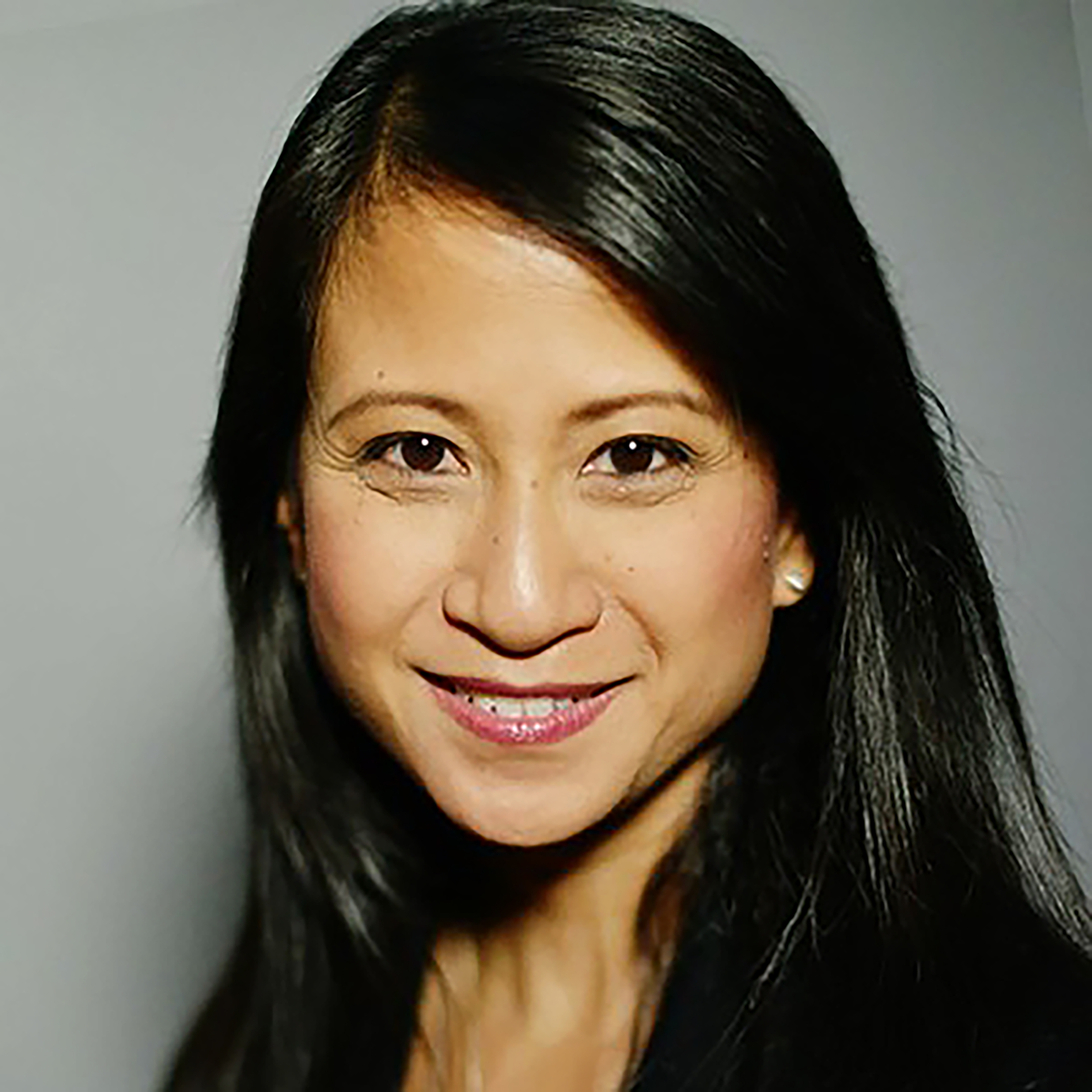Creativity
After adding Titanium, Sustainable Grand Prix, Palau Pledge emerges as the big winner at the Cannes Lions
June 22, 2018 08:10 PM
Featured Stories
Stellantis uses AI to bring back late ‘Imported from Detroit’ ad voice for a new patriotic campaign
Chrysler, Dodge, Jeep and Ram are sponsors of an organization commemorating the 250th anniversary of the signing of the Declaration of Independence.




